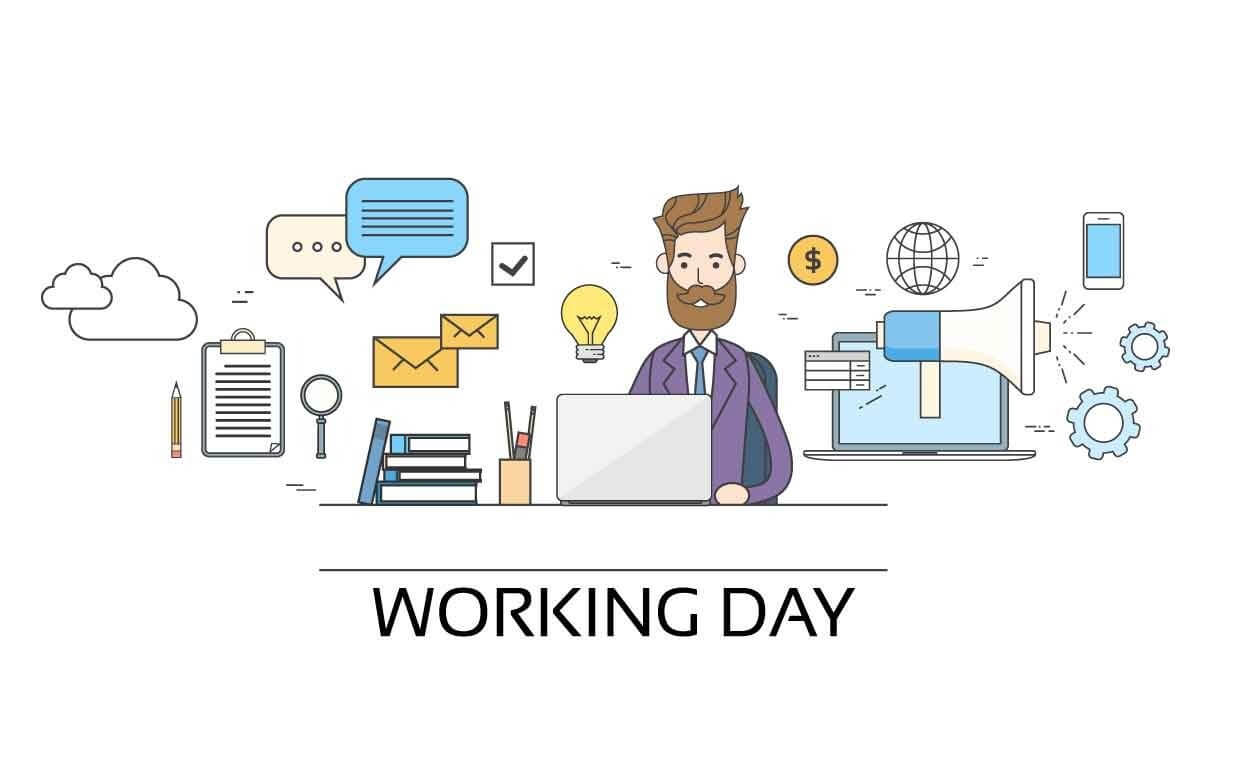

RBI to allow offline payments using cards, mobile devices – Here is how it works
It has been observed by RBI that even though there has been considerable growth in digital payments using mobile phones, cards, wallets, etc., the lack of internet connectivity or low speed of internet, especially in remote areas, is a major impediment in the adoption of digital payments. To address this RBI has proposed to allow a pilot scheme for small value payments in offline mode with built-in features for safeguarding the interest of users, liability protection, etc.
Read More
The coronavirus should accelerate fintech/bank cooperation
Due to the lack of funding, fintech companies may find themselves in deeper cooperation with traditional banks. While the former will get the proper monetary resources for their development, the latter can use fintechs’ technological potential to improve their services.
Read More
Top 10 companies with most fintech patent applications
A total of 3,909 enterprises from 33 countries filed 14,706 fintech patents by the end of 2019, the report said. Among the top 100 list, 48 enterprises came from China, covering traditional finance, fintech, internet, e-commerce, technology, and telecommunications.
Read More
Self-Driving Money Is Coming To Consumer Fintech
The premise of autonomous finance is that your finances should be ‘self-driving’: you set the destination, and the platform figures out how to get there quickly and safely.
Read More
Is Open Finance worth getting excited about, or is it just spin?
Consumer reticence has left regulators and fintechs stumped after years working to create ‘open banking’ rules, which force banks to safely share users’ account information with selected apps, with the goal of better money management. Still, that hasn’t stopped fintech apps like Yolt or Plum pushing ahead with open banking initiatives, and now hopes are pinned on an extended version of the scheme — ‘open finance’. Open finance enthusiasts want to see not just banks mandated to share users’ data, but also pension funds, savings accounts, trading apps and other assets.
Read More
'The Tata Nano Moment For India's Fintech Neobanks?
Globally, it’s the full-stack model (where the NeoBanks hold a digital bank license) vs the partnership model, where winners have emerged, Starling, Monzo, N26, and Revolut! Equating and expecting India to replicate the traction of full-stack Neo Banks in America, UK, and Europe, where traditionally banking technology and service levels lag India by decades, would be wishful thinking.
Read More
Beyond emergency package: Permanent alternative to one-time stimulus for MSMEs lies with fintech upstarts
Micro, Small, and medium enterprises (MSMEs) are the backbone of every emerging economy, including that of India. However, in the last couple of years, demonetization followed by the lag in GST-related processes, the piling up of non-performing assets, and the liquidity crisis in the non-banking financial sector (NBFC) have derailed many of these businesses. The novel coronavirus (COVID-19) pandemic has simply amplified this degrowth among MSME businesses.
Read More